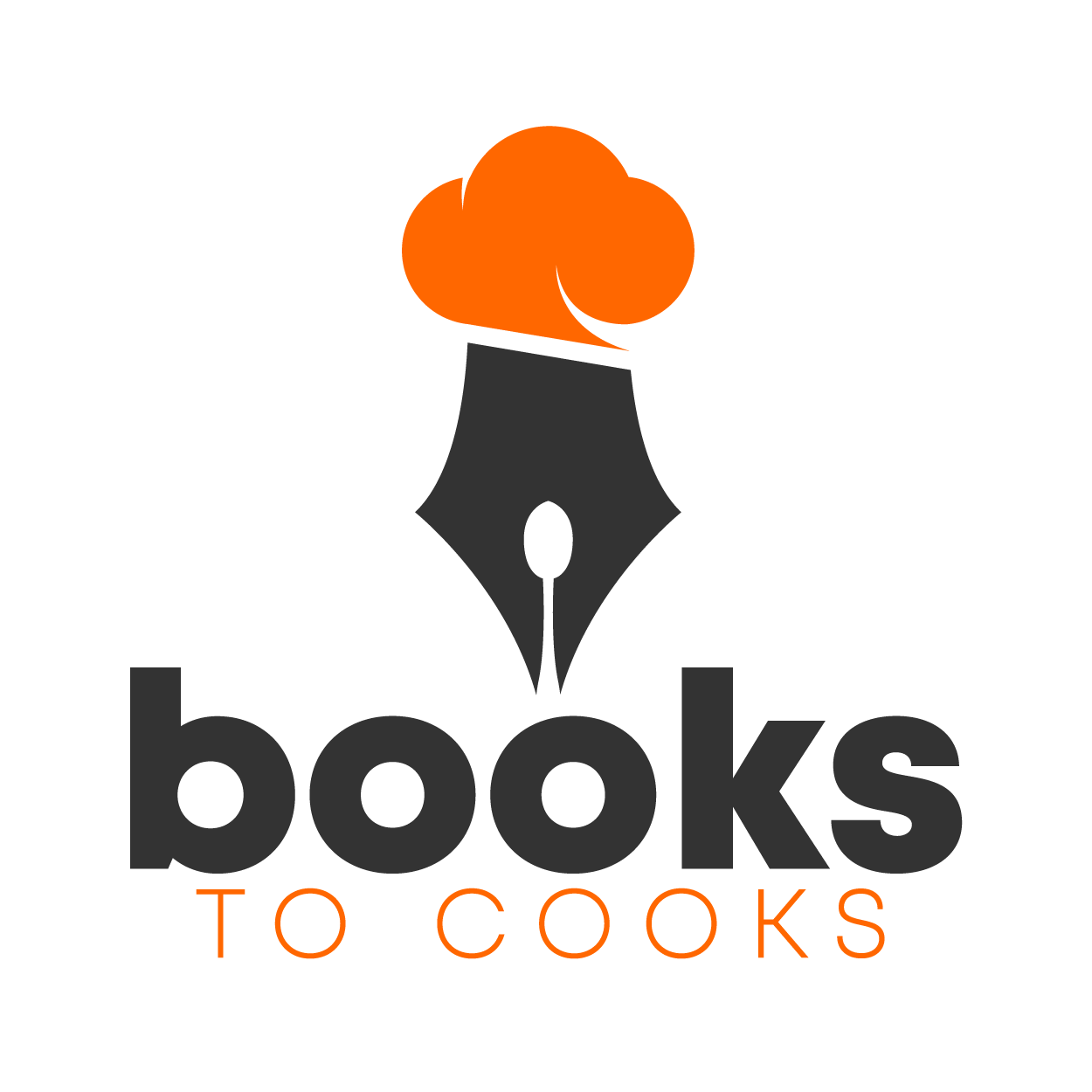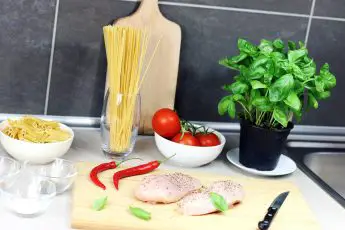Introduction
Quick Navigation
You look for different cutting boards and butcher block materials, and you don’t know which ones are ideal to purchase. There are plastic, bamboo, marble, and granite boards, and butcher blocks. However, those materials do not measure up to wood. Wood is cleaner and more impact-resistant than plastic, and it is also a lot more gentle than bamboo. Additionally, it is cost-effective and inexpensive compared to granite or marble.
However, it is essential to remember one thing: not all wood is the same. Some wood types are superior to others, which is why you want to know what woods are the best for butcher blocks and cutting boards. Let’s talk about the features and attributes to look for in wood that makes the kitchen apparatus superior over another.
The Porosity Of The Wood
One of the critical things when it comes to looking for the best wood is the porosity. Why is that important? The truth is that the more porous the wood happens to be, the less sanitary it is. That is because open grain woods will invite bacteria into it when you cut meat and other foods on it, and it will also allow water to seep into it. That will only promote the growth of mold and mildew. Additionally, water will warp the wood, which will render your butcher block or cutting board useless. Therefore, it is essential to get a wood type that features close-grained woods for your cutting board or butcher block.
Closed-grained woods will not allow bacteria and moisture to seep into it, making them water and microbe-resistant. The smaller the pores, the more sanitary it is. Examples of ideal closed-grained woods are maple and beech, and you will want to avoid oak boards because they are open-grained.
The Janka Hardness Rating Is Important
You want to grab a hardwood cutting board or butcher block because it scores high on the Janka hardness rating. The hardness of wood by pounds-force means the harder the wood, the more durable it is. That also means that the hardness represents the wood being resistant to knife dings, scratches, and nicks. A cutting board that is durable and scratch-resistant will last a long time since it isn’t prone to damage.
That means hardwoods such as maple have a high Janka hardness rating as it is highly durable and scratch-resistant, which makes it a better wood than a softwood such as pine. Softwoods score lower on the Janka hardness rating, which means they are more likely to damage-prone.
Stick To Safe Woods
You want to ensure that you look for a cutting board or butcher board to go for safe woods that produce nuts, edible fruits, and sap. Most cutting boards such as maple, pine, and beech are safe as they have a low toxicity level. However, wood such as Purpleheart has toxins in them. They are attractive. However, the toxins from the wood can leak onto the food you prepare on it. Safe woods do not leak toxins since edible nuts, sap, and fruit come from them, which is why you want to stick to those woods.
You Have To Condition All Wood Types
If you are getting a wooden cutting board or butcher block, you must prepare yourself to put conditioning on them with food-grade mineral oil quarterly after you clean them. That is because wood can shrink, even if they are water-resistant. If you condition them regularly, then you will not have to worry about shrinkage and warping. However, closed-grained hardwoods such as maple will not require conditioning as frequently as softwoods such as pine.
Consider The Cost
The cost of wooden cutting boards and butcher blocks can vary. However, it is not difficult to realize that closed-grained hardwood boards and blocks will cost more than open-grain softwood boards. You also know that the higher the quality of the board, the more money it costs. Therefore, you will want to consider that as well when you invest. In the long run, an expensive high-quality, sanitary, durable cutting board will cost less because it will last you a long time. You will want to think about that when you consider your purchase.
What Is The Ideal Wood Type For A Cutting Board Or Butcher Block?
After reviewing the best hardwoods for butcher blocks and cutting boards, we discovered the three best wood types that will be the ideal options. They are maple, beech, and teak.
1. Maple
Maple is a hardwood that scores very high on the Janka hardness rating scale. However, there are good softwood options too. Additionally, it is closed-grained, which means it is sanitary and water-resistant. Additionally, it highly impact-resistant and scratch-resistant. The wood is not so hard that it will damage your knives either. However, there are a few things to consider when getting maple.
Firstly, it is expensive. However, you could not expect it to be otherwise since it is high-quality wood. Maple is also light in color which means it is not stain-resistant, and stains will show on maple wood. It can also shrink, which means you will need to do some conditioning on the wood frequently.
2. Beech
Beech is another excellent closed-grain hardwood that is bacteria, water, scratch, and impact-resistant. It is not too hard to the point that it will ruin your knives either. Beech is also relatively inexpensive, which is easier on the wallet. However, bear in mind that beech has a light color like maple, and it will show stains. The wood also shrinks, which means you have to add more conditioning to it frequently.
3. Teak
Teak is closed-grained and is a hardwood but is somewhat more open-grained and softer than beech or maple. That means teak is not as sanitary as beech or maple, and it is not as scratch and impact-resistant either. However, it has a higher silica content, so it is hard, but the silica content can cause the knives to become dull, unlike beech or maple. It is also expensive because it being tropical hardwood.
However, it is less vulnerable to shrinkage, which means you may even get away with only conditioning it biannually, and teak is a dark wood which makes it more stain-resistant.
Conclusion
When choosing an ideal cutting board or butcher block, you want to know your materials well. You know that plastic is not as sanitary as wood, and bamboo is too hard to the point that it can damage knives. Granite and marble are too expensive, which also makes wood the best option. However, remember that not all wood is the same.
The ideal cutting‘ board or butcher block requires some attributes to make them superior. That is why you want to have a cutting board that is closed-grained, so that it keeps it clean, a hardwood, so it is durable, and that will be the perfect fit for your kitchen. The best woods are maple, beech, and teak, and any of these woods can make great additions to your kitchen.

